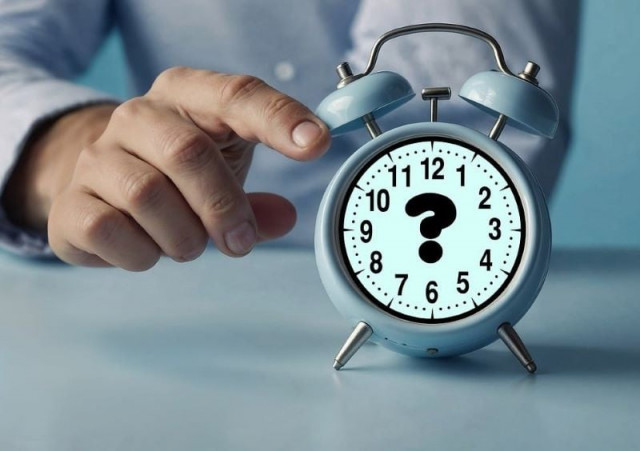Twice-yearly clock changes damaging nation's sleep, experts warn UK govt
The British Sleep Society (BSS) claims that the time swap, set for this weekend, negatively affects sleep patterns

A group of scientists and doctors has urged the UK Government to scrap the twice-yearly clock changes, warning that the shift disrupts the nation's sleep.
The British Sleep Society (BSS) claims that the time swap, set for this weekend, negatively affects sleep patterns, as evidence points to the benefits of morning daylight for maintaining healthy circadian rhythms.
In a statement, BSS “strongly recommends” that Greenwich Mean Time (GMT) be implemented year-round, citing the alignment of GMT with natural light-dark cycles. Professor Malcolm von Schantz from Northumbria University said, “Natural daylight in the morning is crucial for maintaining an optimal alignment of our body clocks with day and night, which is essential for optimal sleep and overall health.”
The society highlights that while many believe British Summer Time (BST) offers advantages, it disturbs circadian rhythms, especially during the spring shift. Dr Eva Winnebeck from the University of Surrey emphasized that Daylight Saving Time (BST) forces people to wake and work an hour earlier, leading to darker commutes during autumn.
Dr Megan Crawford of the University of Strathclyde also countered the idea of permanent BST, saying, “At our latitudes, there is simply no spare daylight to save during the winter months... the scientific evidence favours light in the morning.”
Despite the BSS's recommendations, the government has no current plans to alter the daylight savings system. Currently, the UK shifts to GMT in the winter and forward to BST in March.



















COMMENTS
Comments are moderated and generally will be posted if they are on-topic and not abusive.
For more information, please see our Comments FAQ